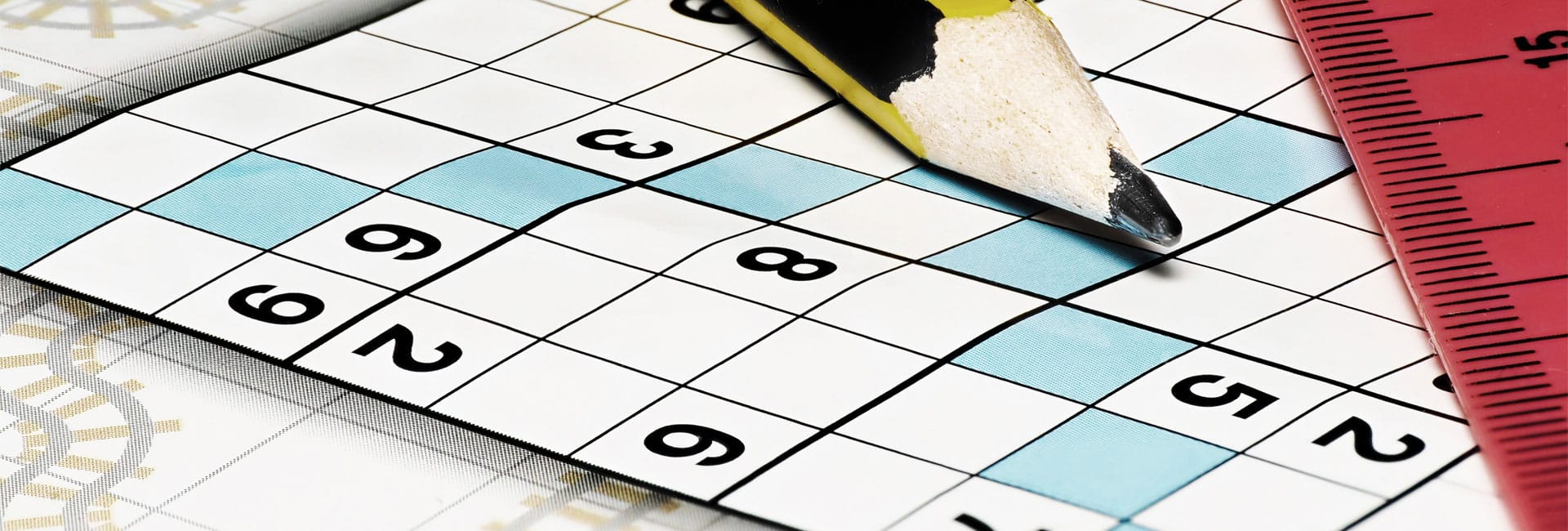
Used under a Creative Commons Licence
The Hidden Risks of Trade Promotions in Australia
Trade promotions are everywhere. From “Win a Car!” supermarket competitions to Instagram giveaways.
But what many people don’t realise—entrants and businesses alike—is that behind the glittering prizes lies a web of rules, risks and responsibilities.
What Exactly Are Trade Promotions?
A trade promotion is a competition run by businesses to boost their brand or sell more products. They often feature enticing prizes, and best of all, they’re free to enter.
Unlike lotteries, which require you to buy a ticket, trade promotions don’t involve gambling. But they do involve the law.
Trade promotion rules
To operate a trade promotion legally in Australia, businesses need to follow strict rules:
- Rule no 1 – In most states of Australia, competitions of chance require a government-issued permit.
- Rule no 2 – Detailed terms must explain how to enter, who can enter, and what’s included (or excluded) in the prize.
- Rule no 3 – All prizes need to be legal . Offering illegal or restricted items as prizes can lead to serious legal consequences, including fines, reputational damage, or the cancellation of the promotion.
Cash Prizes and Gift Cards:
If offering cash prizes, clearly specify the amount and method of transfer.
For gift cards, ensure they comply with Australian Consumer Law, including any restrictions on expiry dates and conditions of use.
When Things Go Wrong for Winners
Imagine this: You’ve just won a car.
Elated, you visit the dealership, only to find out the prize doesn’t include registration, insurance, or on-road costs. Or worse, your dream holiday prize only covers accommodation—leaving you to pay for flights, meals, and hidden resort fees. These aren’t rare stories; they’re cautionary tales of unclear terms.
Here’s where issues arise:
- Undisclosed Costs: Entrants may face unexpected expenses after claiming their prize.
- Prize Restrictions: Travel prizes often come with blackout dates or short redemption windows, catching winners off guard.
- Tax Implications: Some prizes may attract tax obligations depending on their nature and value.
For businesses, poorly drafted terms can lead to consumer complaints, legal battles, and significant penalties.
Spotting Red Flags in Trade Promotions
Whether you’re entering or running a promotion, be on the lookout for:
- Vague Prize Descriptions: Is it a “luxury getaway” or just a standard hotel stay?
- Unrealistic Offers: If it seems too good to be true, it often is.
- No Permit Number: For chance-based promotions, the absence of a permit number is a red flag.
Lessons for Businesses
Running a trade promotion is about more than catchy slogans and glossy advertisements. Businesses must draft airtight terms ands spell out every inclusion, exclusion, and potential cost and apply for necessary permits and ensure you meet all Australian Consumer Law obligations.
Honesty builds trust with customers and prevents disputes.
And now for entrants:
- Read the terms (yes, even the fine print)!
- Ask about costs not mentioned in the advertisement.
- Keep a record of your entry and the published terms in case of disputes.
Case studies of promotions gone wrong
In 2019, a National Retail Chain
A well-known retail chain launched a trade promotion offering customers the chance to win a luxury holiday package. However, the competition faced scrutiny when several entrants complained that the terms and conditions were unclear. For instance, the promotion required a minimum spend, but this was not prominently displayed in the advertising.
Regulators stepped in, and the company had to issue public apologies and provide refunds to affected customers. This case serves as a reminder of the importance of transparent and accessible terms and conditions.
A Beverage Company Giveaway
In a highly publicised trade promotion, a beverage company offered customers the chance to win one of 100 limited-edition branded coolers.
However, supply chain issues meant that many winners received their prizes months late, leading to negative press and social media backlash. The company eventually resolved the issue by compensating customers with additional vouchers, but the damage to its reputation lingered.
The 2021 Loyalty Program Competition
A loyalty program operator ran a competition for members, promising a $10,000 cash prize. However, a dispute arose when a technical glitch resulted in some entries not being recorded. A customer brought legal action, claiming the competition was not conducted fairly. Although the operator rectified the issue and ran a second draw to address affected entries, it was an expensive lesson in ensuring robust systems for trade promotions.
2022: Misleading Trade Promotion
A manufacturer of household appliances advertised a promotion offering a cashback on select products. However, many customers found it nearly impossible to claim the cashback due to overly complicated redemption processes.
Regulators found the promotion misleading and issued significant fines. The manufacturer also faced a class-action lawsuit, ultimately agreeing to simplify future promotions and provide compensation to affected customers.
A 2023 Influencer Partnership
A beauty brand collaborated with influencers to promote a giveaway on social media. The competition promised exclusive beauty hampers to winners, but complaints surfaced when some influencers failed to follow the agreed terms and randomly chose winners without verifying eligibility.
This led to accusations of unfair practices, forcing the brand to apologise and tighten its processes for future campaigns involving influencers.
Where to from here?
As a lawyer at Sharon Givoni Consulting, I’ve seen countless cases where trade promotions turned into legal minefields.
Whether you’re a business running a campaign or an entrant with questions, knowing your rights and obligations is key to avoiding trouble. If you’re unsure, it’s always wise to seek legal advice before proceeding.
Further Reading and Resources
- Australian Competition and Consumer Commission (ACCC) – Guides on consumer rights and fair trading – https://www.accc.gov.au/business/selling-products-and-services/consumer-rights-and-guarantees
- State Government Trade Promotion Permits (NSW) – https://www.service.nsw.gov.au/transaction/apply-for-a-trade-promotion-gaming-authority
- Trade promotion lotteries in Victoria – https://www.vgccc.vic.gov.au/for-community/community-and-charitable-fundraising/trade-promotion-lotteries
- Western Australia trade promotion lotteries permits – https://www.dlgsc.wa.gov.au/racing-gaming-and-liquor/racing-gaming-and-wagering/gaming-applications/how-to-conduct-a-trade-promotion-lottery
- Tasmania trade promotion lotteries permits – https://www.treasury.tas.gov.au/Documents/Gaming%20Activities%20in%20Tasmania%20Fact%20Sheet%20-%20Current%20August%202023.PDF
- South Australia trade promotion lotteries permits – https://www.sa.gov.au/topics/business-and-trade/running-a-business/trade-promotions
- Sharon Givoni Consulting – Articles and advice on trade promotions law.
Please note the above article is general in nature and does not constitute legal advice.
Please email us info@iplegal.com.au if you need legal advice about your brand or another legal matter in this area generally.


